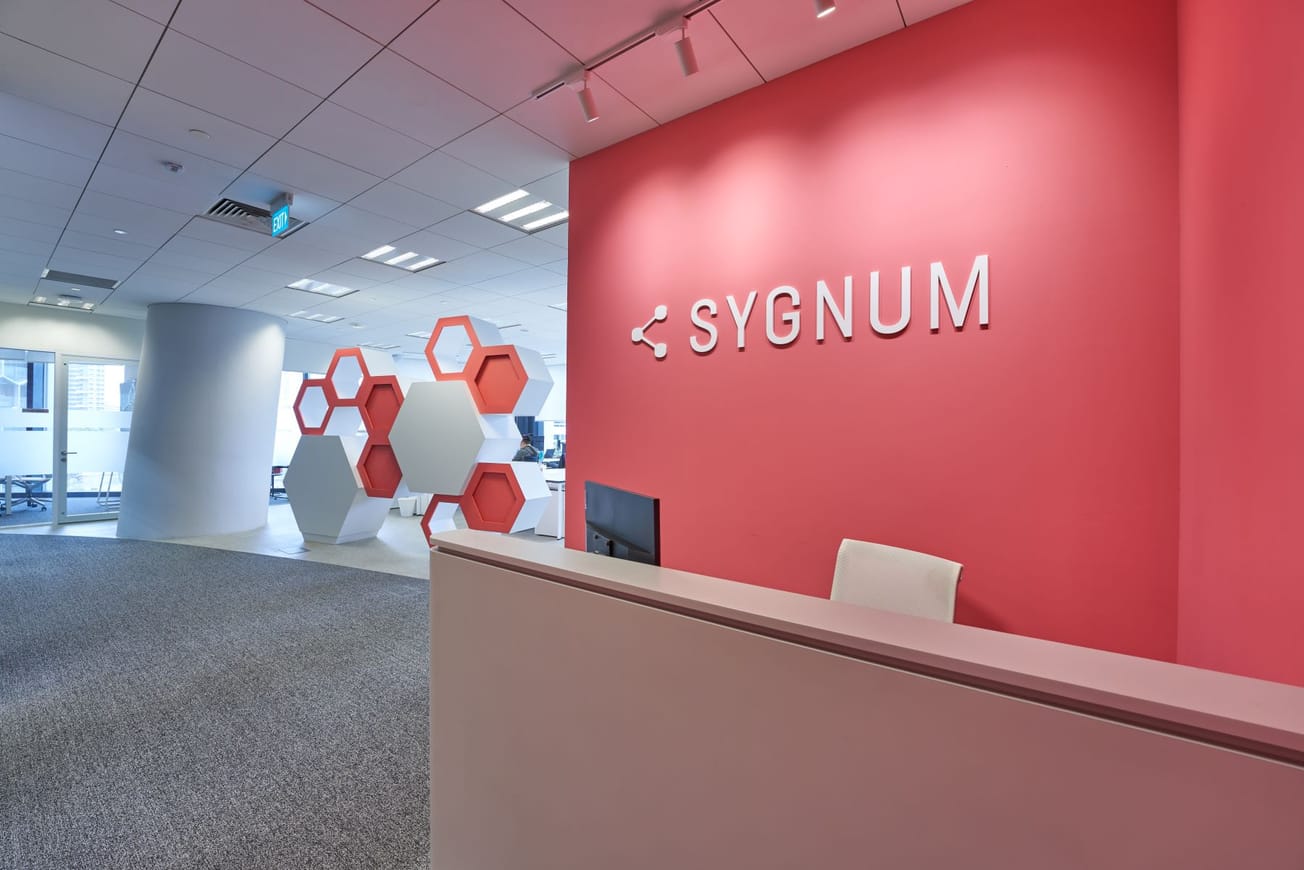Table of Contents
BlockFi is halting withdrawals amid the FTX fallout, citing a “lack of clarity” around the situation.
FTX has dominated headlines over the past 48 hours after revelations were made about Sam Bankman-Fried‘s Alameda Research having a suspiciously heavy reliance on FTT.
Read more: Withdrawals Frozen Again, Markets in Freefall… Thanks FTX, SBF, CZ
In a tweet, the crypto lender said “until there is further clarity, we are limiting platform activity, including pausing client withdrawals as allowed under our Terms”, advising clients to not deposit into their wallets.
— BlockFi (@BlockFi) November 11, 2022
The announcement comes two days after COO Flori Marquez tweeted that “all BlockFi products are fully operational.”
There’s a lot of action in the crypto markets today – something we have seen before and are used to managing. Deposits, withdrawals, trading and lending are all up and running. A few important points:
— Flori Marquez (@FounderFlori) November 8, 2022
FTX had signed a deal in July to provide BlockFi with a $400m credit facility, effectively earning the right to acquire the crypto lender if certain terms were met. Such terms included BlockFi receiving clearance from the SEC to operate a yield-generating service and reaching $10 billion in client assets. If met, FTX would spend $240m to acquire BlockFi.
Read more: FTX Bails Out Another Crypto Lending Platform
Marquez highlighed that their deal was with FTX US not FTX internaitonal, tweeting “@BlockFi is an independent business entity. We have a $400MM line of credit from http://FTX.US (not http://FTX.com) and will remain an independent entity until at least July 2023.”
2) @BlockFi is an independent business entity. We have a $400MM line of credit from https://t.co/rFQz2hySwu (not https://t.co/oVC3gZQ6lb) and will remain an independent entity until at least July 2023.
— Flori Marquez (@FounderFlori) November 8, 2022
Contagion or chopping block
With BlockFi becoming the first direct victim of FTX exposure, the question on everyone’s mind is who’s next? Whilst it’s certainly not our place to condemn crypto firms to their demise, we can highlight which firms have exposure to FTX.
Amber Group
Rumours circulating Twitter have suggested that Amber Group “lost all of their funds” on FTX and “is closing down.” However, there has been little evidence to support this.
Amber Group themselves have nonetheless gone out of their way to reassure the industry that their FTX exposure is contained.
In a 16 tweet thread, the firm highlighted their strong performance over the recent quarters and emphasised that it “has no exposure to Alameda or $FTT. But similar to most trading firms, we have been an active trading participant on FTX. While we have significantly reduced our exposure over the course of the week, we still have withdrawals that have yet to be processed.”
Amber Group claims their exposure to FTX represents less than 10% of their total trading capital, which “does not pose a threat to [their] business operations or liquidity.
1) We’ve experienced multiple market cycles over the past 5 years, and our focus has been and continues to be the same – delivering an industry-leading service for trading, storing, hedging, and managing digital assets with a key focus on these core pillars.
— Amber Group (@ambergroup_io) November 9, 2022
Genesis
Genesis, which cut 20% of its workforce after announcing major losses linked to the 3AC fallout, has now revealed it has funds locked on FTX.
In a tweet, the trading firm said the Genesis derivatives business has “$175m in locked funds in [their] FTX trading account”, adding that it “does not impact [their] market-making activities.”
“Furthermore, our operating capital and net positions in FTX are not material to our business. Circumstances surrounding FTX have not impeded the full functioning of our trading franchise,” the firm added.
As part of our goal in providing transparency around this week’s market events, the Genesis derivatives business currently has ~$175M in locked funds in our FTX trading account. This does not impact our market-making activities.
— Genesis (@GenesisTrading) November 10, 2022
Sequoia Capital
Sequoia Capital has claimed their FTX exposure “is limited.” The firm said that whilst they own “FTX.com and FTX US in one private fund”, FTX is “not a top ten position in the fund.”
“Our $150m cost basis accounts for less than 3% of commited capital of the fund,” Sequoia continued but also added that they “are in the businnes of taking risk.”
Here is the note we sent to our LPs in GGFIII regarding FTX. pic.twitter.com/Cgp1Yxk1pz
— Sequoia Capital (@sequoia) November 10, 2022
Temasek
Of course no one is expecting Temasek to go under for their FTX exposure, but Singapore’s state-owned investment fund is “engaging” with FTX in its capacity as a shareholder.
Temasek had invested in FTX in its Series B, Series B extension, and Series C funding rounds in October last year, when the exchanged raised US$1 billion, US$420 million, and US$400 million respectively. In January, FTX was valued at US$32 billion.
Read more: Singapore’s Temasek “Engaging” With FTX; Avoids Discussing Portfolio Impact
A leaked spreadsheet on Twitter shows that Temasek is the third-largest investor in FTX, but it’s unclear just how much Temasek has inveseted into FTX.
Wiintermute
Although Wintermute did not specify how big their FTX exposure is, the market maker said “the amount is within our risk tolerances and does not ahve a significant impact on our overall financial position.”
“We do have remaining funds on FTX, and while this is not ideal, the amount is within our risk tolerances and does not have a significant impact on our overall financial position,” the company continued.
1/ We find the recent events around Alameda and FTX disappointing and unfortunate for the industry. Wintermute is committed to doing everything in our power to help the industry recover and come out stronger.
— Wintermute (@wintermute_t) November 9, 2022
Binance, Gate.io, KuCoin, Poloniex, Bitget, Huobi, OKX, Deribit and Bybit
As investors look for alternatives to park their money, exchanges are scrambling to prove that they are worthy of exited-FTX funds. Binance, Gate.io, KuCoin, Poloniex, Bitget, Huobi, OKX, Deribit and Bybit have all stated they will issue their “Merkle tree” reserve certificates over the next few weeks to prove their rigidity.
Through Merkle trees, exchanges stpre each user account’s hash value of assets in leaf nodes on the merkle tree. Audits on these assets in the leaf nodes of these Merkle trees by a third party will verify these holdings.
“We’re hiring Armanino for auditing & will publish an auditable Merkle POF asap,” said OKX, whilst KuCoin said it would be providing Proof of Reserves “in about one month.”
I’d like to give my sympathy for anyone who has been hurt by the current FTX situation. Hopefully, everything can be resolved quickly and the industry can get back on track.
— Johnny_KuCoin (@lyu_johnny) November 9, 2022









